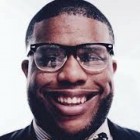
In the summer of 2003, the Los Angeles Lakers formed a superteam before the term became trendy.
Phil Jackson, already the proud owner of nine championship rings, was returning to coach a roster that included Shaquille O’Neal, Kobe Bryant, Karl Malone, and newly signed veteran point guard Gary Payton. The plan was simple: win now.
But behind the Hollywood lights and championship aspirations was a deeper clash—one not just between egos, but between philosophy and fit.
Gary Payton, one of the best point guards to ever play the game, recently confessed that he never truly bought into Jackson’s famous triangle offense. Speaking candidly on Scoop B Radio, Payton made a startling admission that pulls back the curtain on that star-studded Lakers squad:
“It wasn’t about me tripping and being incompetent at learning the offense,” Payton said.
“I didn’t want to learn the damn offense; I wanted to play the way I wanted to play.”
Known as “The Glove” for his suffocating perimeter defense and aggressive floor leadership, Payton had built a Hall of Fame career orchestrating pick-and-rolls, directing traffic, and calling his own number when needed. None of that meshed with the triangle—a system built around reads, spacing, and minimal dribbling.
“It wasn’t me,” Payton said plainly. “I was trying to get through it, but it wasn’t working for me.”
He never pretended otherwise.
Inside the Triangle: Not a One-Size-Fits-All System

The triangle offense, developed by Tex Winter and perfected under Phil Jackson’s leadership in Chicago and Los Angeles, had delivered six titles to Michael Jordan and Scottie Pippen, and three more to Kobe and Shaq. But the system wasn’t built for everyone.
The offense thrived with cerebral wings and post players who could pass out of double-teams—think MJ, Pippen, Kobe, and Shaq. But for a traditional point guard like Payton, who thrived on decision-making and tempo control, the triangle was a straightjacket.
“I came in used to having the ball in my hands,” Payton once said in a previous interview. “All of a sudden I’m being told to go to the corner and wait? That’s not how I play.”
His comments to Scoop B Radio bring that tension to life in a raw and honest way.
Kareem Rush: “It Takes Time”

Kareem Rush, a young shooter on that Lakers team, witnessed Payton’s adjustment period firsthand. He told Scoop B Radio that while Payton was still a major contributor, the transition to the triangle was real—and rough.
“The Triangle Offense is no easy offense,” Rush said. “Especially when you’re adapting to a style of play alongside Kobe Bryant, Shaquille O’Neal and Karl Malone.”
Rush didn’t blame Payton. He sympathized.
“Gary’s coming in toward the tail end of his career, and he’s used to playing a certain way,” Rush continued. “You’re transitioning to a Triangle Offense, and it was definitely probably a learning curve for him.”
“Like everybody else when they learn something new, it’s just going to take time. And figuring out how to work with Shaq and Kobe—as well as Malone—you know, everybody needs an adjustment period.”
Despite the friction, Rush praised Payton’s professionalism and value to the team’s Finals run:
“He didn’t have the best year—I don’t think he’d tell you he did either—but he still was an integral part in what we did to get to where we were going. Hall of Fame guy. But yeah, the Triangle Offense is something that’s not easy to pick up.”
Missed Opportunities, Legacy Intact

The 2003-2004 Lakers season ended in disappointment. The team reached the NBA Finals but lost in five games to the Detroit Pistons, who relied on discipline, defense, and chemistry—ironically, everything the triangle offense was supposed to represent.
Payton, despite his frustration with the system, would eventually win a championship with the Miami Heat in 2006. But his Lakers stint remains a “what if” in NBA lore.
What if Payton had more time?
What if he had fully bought into the triangle?
What if the pieces had fit better—on and off the court?
Yet even with those questions, Gary Payton’s legacy remains untouched. A Defensive Player of the Year, nine-time All-Star, and Olympic gold medalist, he’s remembered not just for his on-court excellence but for his honesty and edge.
His recent reflections add a layer of humanity to a superstar career—and offer a rare look into how even the greatest can clash with the game’s most storied systems.
Final Thoughts: Fit Over Fame

Payton’s story reminds us that championships aren’t just about collecting stars. They’re about chemistry, timing, and alignment—between players, coaches, and philosophy. Even the best need to feel comfortable in the system they’re asked to run.
And as Payton bluntly put it:
“I didn’t want to learn the damn offense.”
Sometimes, that says it all.

